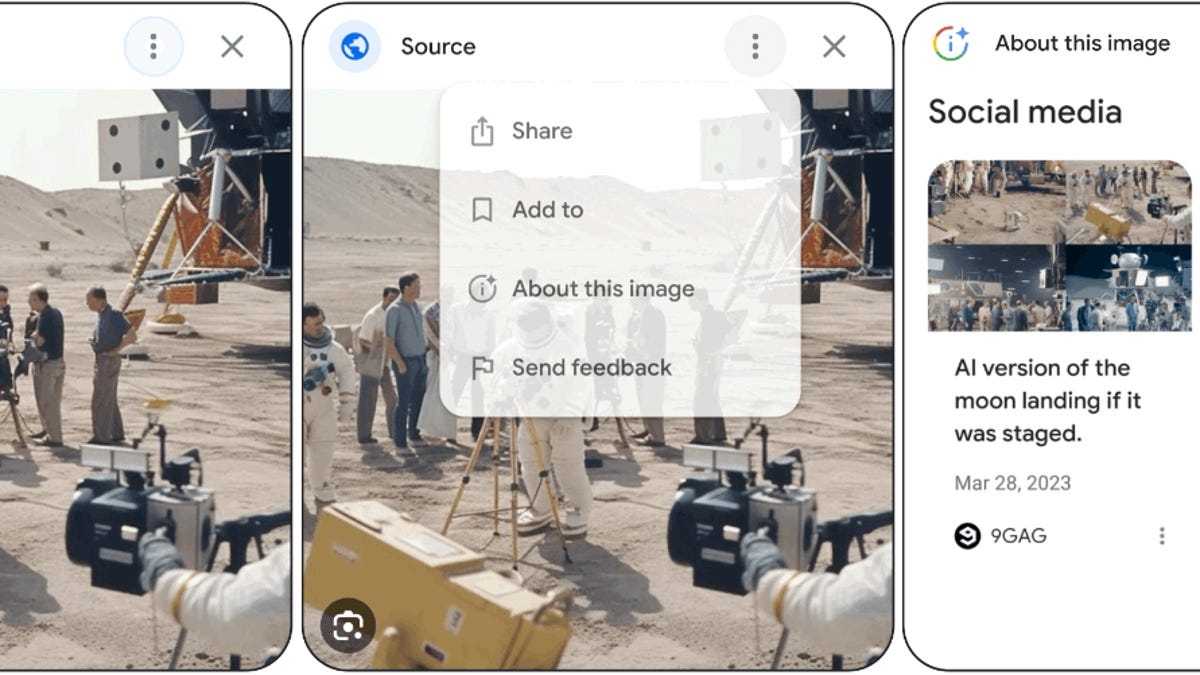Google Search AI: Continued Training After Content Opt-Out

Table of Contents
Understanding Google's Data Collection Practices
Google's AI models, which power Google Search and numerous other services, rely heavily on vast datasets drawn from the web. This data fuels the continuous improvement and development of these powerful tools. Google's web crawlers tirelessly index billions of web pages, gathering information that forms the foundation of their AI training. The scale of this data collection is monumental, encompassing text, images, and other forms of online content.
This extensive data collection isn't simply about archiving information; it's crucial for enhancing Google Search's functionality. By analyzing this massive dataset, Google improves:
- Search relevance and accuracy: AI algorithms learn to better understand the context of search queries and deliver more precise results.
- New feature development: The data provides insights for creating innovative features and improving existing ones.
- Algorithm optimization: Google uses this data to continuously refine its search algorithms, making them faster and more efficient.
Bullet Points:
- Crawling and indexing billions of web pages daily.
- Analyzing text, images, and other data types to improve understanding of content.
- Using this data to train AI models that power Google Search and other services.
The Reality of Content Opt-Out
Website owners can attempt to control how Google uses their content through mechanisms like robots.txt. This file allows you to instruct web crawlers on which parts of your site they should and shouldn't access. However, the effectiveness of robots.txt in preventing your content from being used in Google Search AI training is limited.
Why is opt-out not a complete solution?
- Robots.txt limitations for AI training data: While
robots.txtcan restrict crawling, it doesn't guarantee that data already crawled and cached won't be used in AI model training. The process of model training often involves using already existing datasets. - Google's statement on data usage: Google's official statements often acknowledge that even with opt-out mechanisms, some data might still be used for general AI training purposes.
- The potential for cached data to still be used: Even if you block access to your site, Google may have already cached the content, and this cached data might still be part of their training datasets.
Bullet Points:
robots.txtprimarily controls crawling, not necessarily data usage in AI training.- Cached data might still be used despite opt-out attempts.
- Google's policies acknowledge limitations in complete data removal.
The Implications for Website Owners and Creators
The reality of Google Search AI data usage raises concerns for content creators who prioritize data privacy. The ongoing debate centers around data ownership and the ethical implications of using web content without explicit, informed consent for AI training.
For website owners, the challenge lies in balancing the desire for increased web visibility with concerns over data exposure.
Strategies beyond opt-out:
- Balancing data usage with content visibility: Carefully consider the trade-offs between the benefits of increased visibility and the potential impact of data usage in AI training.
- Alternatives to relying solely on opt-out mechanisms: Explore alternative methods for protecting data privacy, such as anonymization or data encryption.
- The importance of understanding Google's terms of service: Familiarize yourself with Google's terms of service and data usage policies to understand your rights and options.
Bullet Points:
- Carefully weigh the pros and cons of increased visibility against data privacy concerns.
- Explore alternative data privacy measures beyond opt-out.
- Regularly review Google's policies and updates.
Future Directions and Ethical Considerations
The future of AI model training requires greater transparency and ethical consideration. The current practices raise questions about user consent and the potential for misuse of web content.
Key areas for improvement:
- The role of user consent in AI training: Exploring mechanisms for obtaining explicit user consent before using their data for AI training is crucial.
- Developing alternative methods for training AI models: Research into alternative training methods that rely less on scraped web data needs to be prioritized.
- The need for stricter regulations around data privacy: Clearer and stricter regulations are needed to protect user data and ensure ethical data usage practices.
Bullet Points:
- Implement mechanisms for obtaining explicit user consent.
- Invest in research into alternative AI training methodologies.
- Advocate for stronger data privacy regulations.
Conclusion
Opting out of Google Search AI training offers some control, but it doesn't guarantee complete removal of your content from AI training datasets. The limitations of current mechanisms highlight the need for greater transparency and more user-centric approaches to data usage. Understanding these limitations is crucial for managing your online data effectively.
Call to Action: Stay informed about Google's policies and ongoing developments regarding Google Search AI and data usage. Learn more about managing your online data and privacy in relation to Google Search AI training. Take control of your online presence and explore further ways to optimize your content's privacy and understand the implications of Google Search AI's data collection practices.

Featured Posts
-
 Sydney Sweeney Shows Off Cleavage After Split From Fiance Jonathan Davino
May 04, 2025
Sydney Sweeney Shows Off Cleavage After Split From Fiance Jonathan Davino
May 04, 2025 -
 Seagrass Restoration A Vital Project For Scotlands Coastline
May 04, 2025
Seagrass Restoration A Vital Project For Scotlands Coastline
May 04, 2025 -
 Cult Members Jailed For Child Endangerment Through Gambling
May 04, 2025
Cult Members Jailed For Child Endangerment Through Gambling
May 04, 2025 -
 Hayes Garden World Robbery Ambleside Couple Charged With Theft
May 04, 2025
Hayes Garden World Robbery Ambleside Couple Charged With Theft
May 04, 2025 -
 Anna Kendricks Age A Milestone And The Publics Reaction
May 04, 2025
Anna Kendricks Age A Milestone And The Publics Reaction
May 04, 2025
